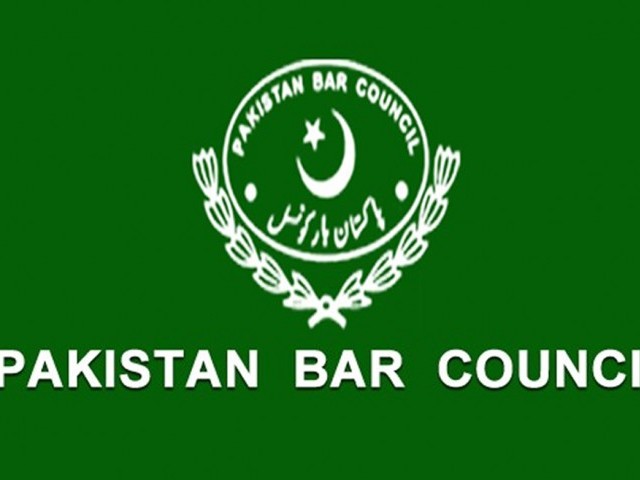
The Pakistan Bar Council (PBC) on Thursday demanded that the superior judiciary should initiate proceedings before the Supreme Judicial Council (SJC) against all judges, who were found unfit for elevation to the Supreme Court on the grounds of incompetency, integrity and misconduct.
A judge, once found and declared unfit for elevation, would be equally unfit to serve at the high court in their respective provinces.
The 234th meeting of the PBC full house was held -- attended by 18 members -- for evolving a future course of action against the elevation of a junior Judge of the Sindh High Court, Justice Muhammad Ali Mazhar.
Read more: 'Judiciary, parliament can’t invade each other’s domain'
After the meeting, PBC Vice Chairman Khush Dil Khan along with other members told the media that the lawyers’ body had demanded that the SJC should decide all complaints of misconduct against judges expeditiously.
When he was asked about the minutes of the JCP meeting wherein it was revealed that the SHC chief justice had not written any “reported judgment” in the last three years because of the “burden of administrative work”, the PBC vice chairman said it was not a criterion to elevate judges to the apex court.
Former PBC vice chairman Amjad Shah wondered that in view of this finding in JCP meeting, why was the SJC not proceeding against the SHC CJ.
He added that “selected judges” were being elevated to the SC to get a decision in the curative review petition.
Similarly, JCP member Akhtar Hussain regretted that the SC was being “managed” since 1954 and still being done so.
Also read: SJC deliberates over its jurisdiction to proceed against NAB chairman
They also announced that if the Parliamentary Committee on Judges Appointment approved the SHC junior judge’s nomination, then they would boycott his oath-taking ceremony.
The PBC vice chairman read out the resolution wherein it was held that the “seniority principle should be adhered to in all appointments to the Supreme Court, now and in the future, in order to avoid arbitrariness and nepotism and the creation of bad blood and groupings within the judiciary”.
“As such it was resolved to vigorously oppose the nomination of Justice Muhammad Ali Mazhar, being 5th at the seniority list of judges of the Sindh High Court, to the apex Court. The meeting also opposed the appointment of ad-hoc judges to the Supreme Court,” the resolution read.
It was further resolved to address a letter and resolution to the parliamentary committee, requesting it to refuse the approval for nomination of Justice Mazhar on grounds of the violation of the seniority principle.
The PBC called for the JCP to urgently frame transparent and objective criteria for the appointment of judges to all courts and should consistently follow the same.
It was resolved to request parliament and all political parties to repeal the 19th Amendment to the Constitution, as it had shifted the balance among various stakeholders within the justice system and made the judiciary unaccountable.
The lawyers’ body resolved that bar associations and councils would not hold any reception or dinner in honour of Justice Mushir Alam, a JCP member, who is presently going to retire.
It was demanded that an urgent meeting of the JCP be convened to consider and adopt various proposed amendments suggested to its rules by its members representing different bar councils that have been pending for a long time.
The PBC further demanded that registrars for the Supreme Court and high courts should be appointed from among judicial employees and not from the civil service.
It was resolved that judges should neither be reappointed to any position after their retirement, nor should they be granted any extension in service as that compromises their judicial independence.
The PBC resolved that an “All Pakistan Lawyers Convention” of bar associations and councils would be held throughout the country.
The council, while approving the earlier decision of its legal education committee for amendments to the relevant rules, decided that the passing marks for the Law Graduates Assessment Test be reduced from 50% to 45%, while enhancing the maximum chances available to the law graduate from the existing three to five.
The council further approved a resolution, dated June 28 this year, taking serious notice of the acts of violence and use of abusive language by advocates against judges in the country.










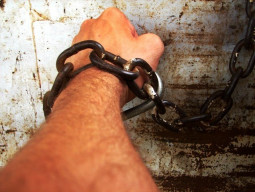

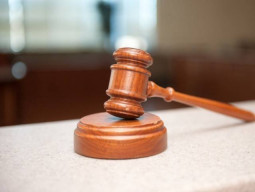
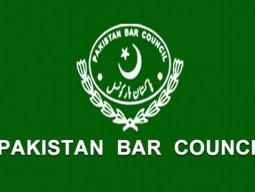
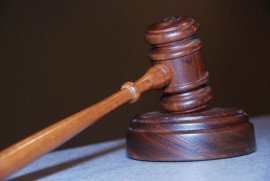






COMMENTS (7)
Comments are moderated and generally will be posted if they are on-topic and not abusive.
For more information, please see our Comments FAQ